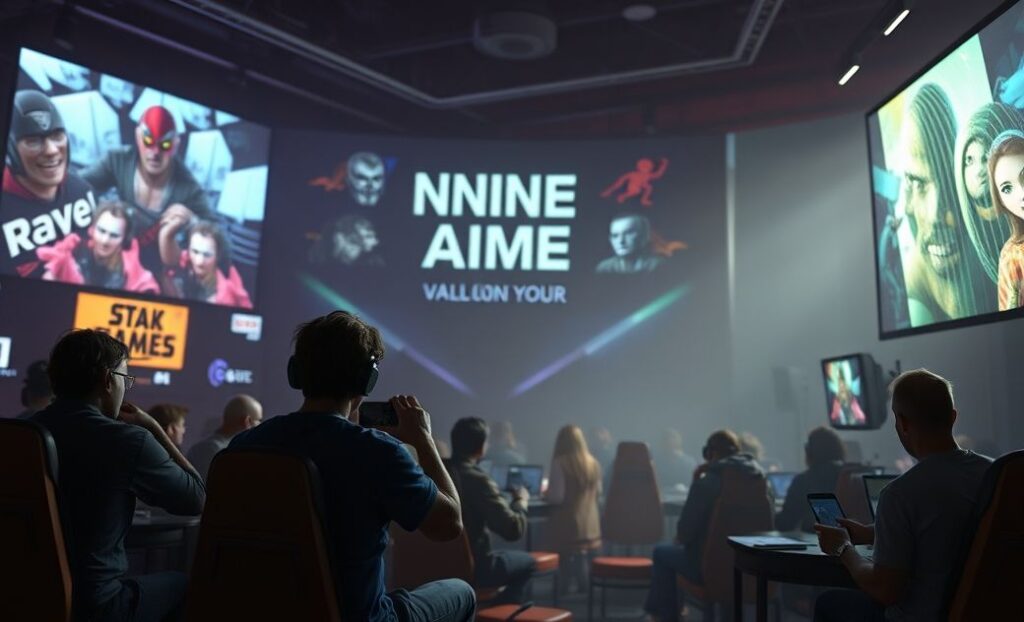In recent years, particularly by 2025, indie games have been experiencing a meteoric rise in popularity within the gaming community. Numerous factors have contributed to this surge, propelling these unique creations into the spotlight typically dominated by industry giants. This article explores the underlying reasons for the burgeoning interest in indie games and the forces driving this trend in the gaming industry.
Creative Freedom and Innovation
One of the foremost reasons indie games have gained widespread acclaim is the creative freedom they afford developers. Unlike mainstream game producers, indie developers are not constrained by corporate interests or the necessity to appeal to a massive audience. This liberty enables them to experiment with innovative ideas, unique storytelling techniques, and unconventional gameplay mechanics.
Pushing the Boundaries
Indie developers often push the boundaries of traditional gaming norms, offering fresh and diverse experiences. These trailblazing ideas often resonate with players seeking something different from mainstream, repetitive game mechanics.
Personal Passion Projects
Many indie games are passion projects, baked with a personal touch that reflects the developers’ authentic vision. This emotional investment often translates into more compelling, heartfelt gaming experiences, fostering a deeper connection with players.
Accessibility and Affordability
The accessibility and affordability of indie games have made them highly attractive to a broad audience.
Lower Price Points
Compared to big-budget games, indie games generally come with lower price tags, making them accessible to gamers on a budget. This cost-effectiveness enables players to explore new games without significant financial commitment.
Cross-Platform Availability
Many indie games are available across various platforms, including PCs, consoles, and mobile devices. This cross-platform availability ensures they reach a wider audience, catering to different gaming preferences and increasing their popularity.
Strong Community Engagement
Indie games often thrive due to the strong community support surrounding them. Developers tend to engage more personally with their audience, fostering a sense of community and encouraging player feedback that contributes to game improvement.
Active Developer Interaction
Indie game developers often interact more closely with their players through forums, social media, and live streams. This hands-on engagement cultivates a loyal fan base, eager to support the games and their creators.
User-Generated Content
Many indie games invite user-generated content, enabling players to contribute their mods, levels, or narratives to the game world. This not only enhances the game’s replayability but also nurtures an enthusiastic and active community around the game.
Advancements in Technology
The rapid advancements in technology have significantly lowered the barriers to entry for indie developers, allowing them to produce high-quality games that rival those of larger studios.
Accessible Development Tools
With the availability of powerful and often free game development tools, such as Unity and Unreal Engine, indie developers can create visually stunning and technically sophisticated games without massive budgets. These tools democratize game development, enabling more creators to enter the industry.
Digital Distribution Platforms
Platforms like Steam, itch.io, and Epic Games Store offer indie developers a viable route to publish their games directly to a global audience. This digital distribution eradicates many traditional barriers to getting games to market, streamlining the process for smaller studios.
The surge in indie game popularity reflects broader trends in consumer preferences towards authenticity, creativity, and value. As the industry evolves, indie games continue to forge a distinct and resonant path, enriching the gaming landscape with their innovative spirit and boundless creativity. This ongoing trend not only promises exciting prospects for gamers worldwide but also heralds a new era of originality and diversity in gaming experiences by 2025 and beyond.
